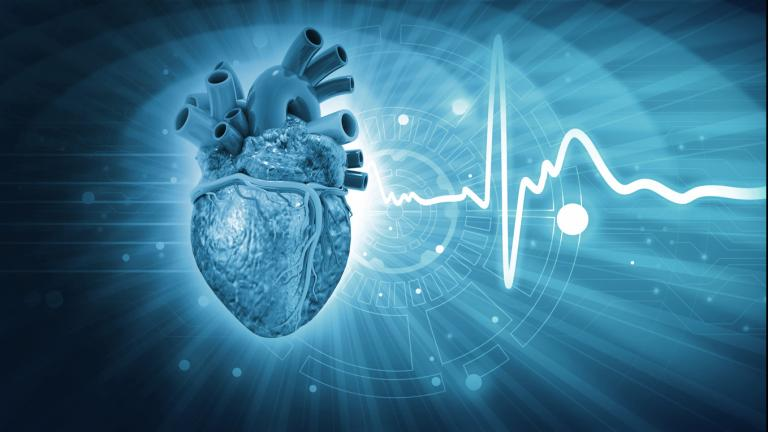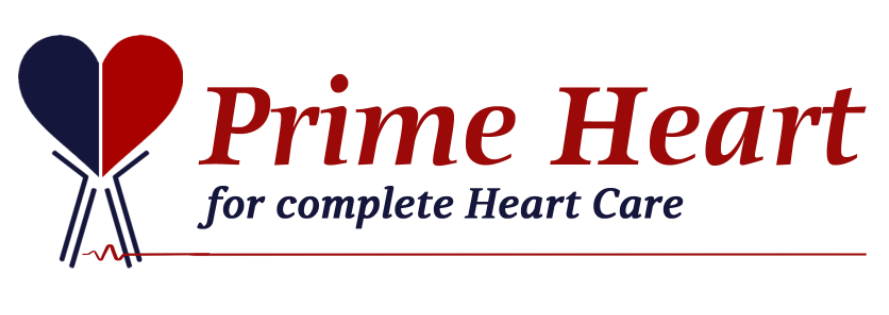
Palpitations are sensations of having a rapid, fluttering, or pounding heartbeat. They can be felt in the chest, throat, or neck and are often noticed during periods of rest or inactivity. While palpitations can be alarming, they are usually not harmful and often resolve on their own without treatment. However, they can be a symptom of an underlying heart condition or other medical issues.
Causes
Palpitations can be triggered by various factors, including:- Heart-related issues: Such as arrhythmias (irregular heartbeats), heart valve problems, heart muscle changes.
- External stimulants: Including caffeine, nicotine, or fever-inducing substances like alcohol and recreational drugs.
- Psychological factors: Stress, anxiety, or panic attacks.
- Hormonal changes: Associated with pregnancy, menstruation, or menopause; thyroid disease can also cause palpitations.
- Medications: Certain prescriptions such as asthma inhalers and decongestants, or over-the-counter medications that contain stimulants.
- Electrolyte imbalances: Levels of potassium, magnesium, or calcium that are too high or too low can affect heart rhythm.
Symptoms
While palpitations themselves are a symptom, they might be accompanied by::- Dizziness
- Shortness of breath
- Chest pain
- Fainting
Diagnosis:
To determine the cause of palpitations, a healthcare provider might use:- Medical history and physical exam: To assess overall health and possible triggers for palpitations.
- Electrocardiogram (ECG or EKG): This test records the electrical signals in the heart and can help identify irregularities in heart rhythm.
- Holter monitor: A portable ECG device worn for a day or more to record heart activity over an extended period.
- Event monitor: Similar to a Holter monitor, but used to record heart rhythm during symptoms over a few weeks to months.
- Echocardiogram: An ultrasound of the heart to check for structural issues.
- Blood tests: To check for thyroid issues or electrolyte imbalances.
Treatment:
Treatment for palpitations depends on their cause:- Lifestyle changes: Reducing or avoiding caffeine, alcohol, and tobacco; managing stress through relaxation techniques or physical activity.
- Medication adjustments: Evaluating current medications or dosages that might contribute to palpitations.
- Treating underlying conditions: Addressing any identified heart conditions or hormonal imbalances.
- Medication for heart rate or rhythm: Beta-blockers or other antiarrhythmic drugs if caused by a heart condition.
Prevention:
Preventive strategies include:- Avoiding triggers: Such as caffeine, nicotine, and alcohol.
- Stress management: Through relaxation techniques like yoga, meditation, or deep breathing exercises.
- Regular check-ups: Especially if there is a history of heart disease or other health conditions that could contribute to palpitations.
